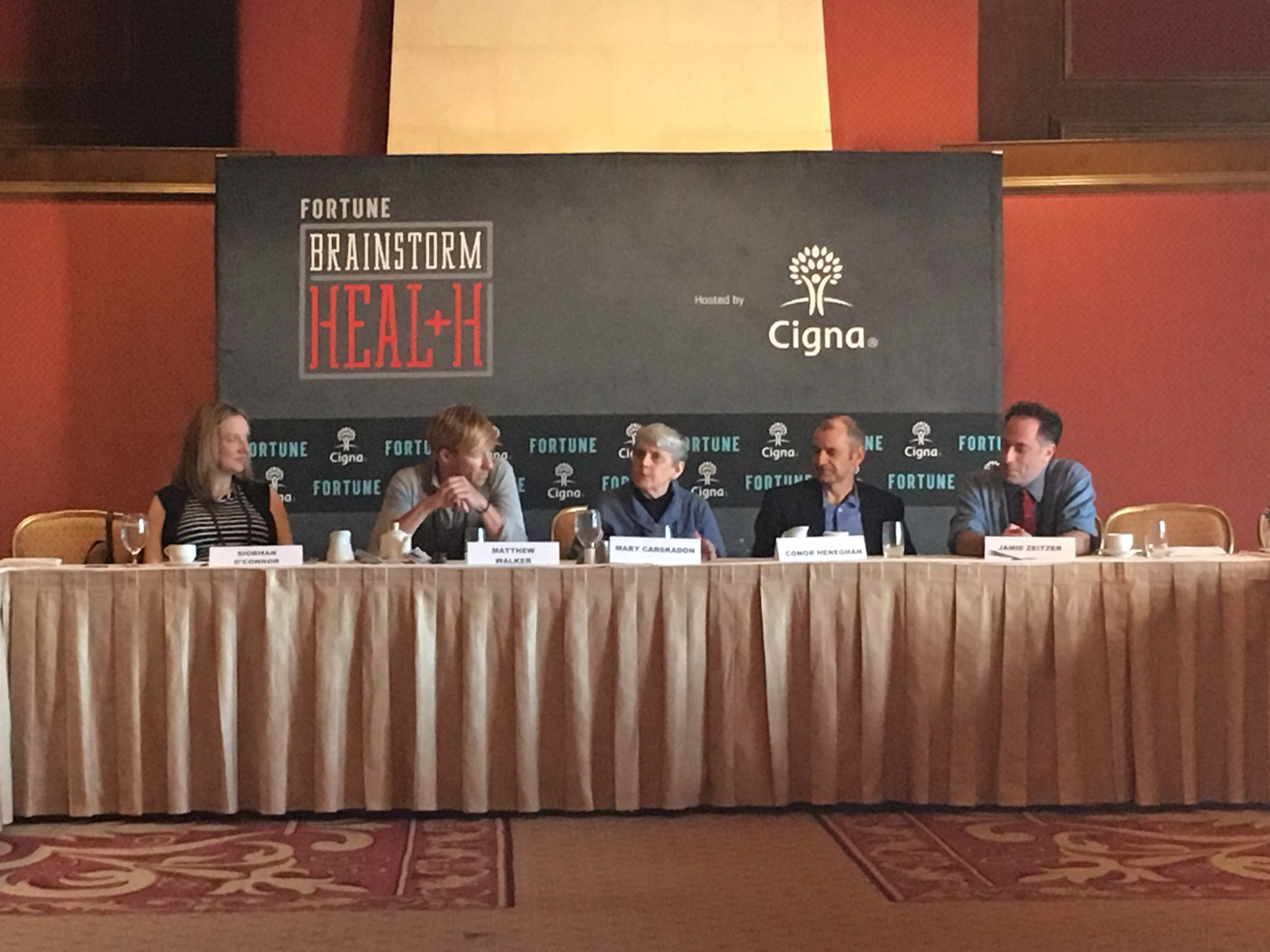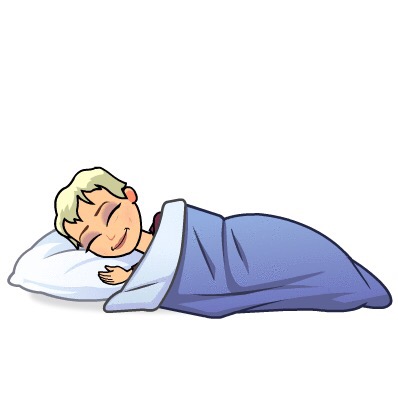While there were no shortage of technology driven advances in healthcare discussed at last weeks Fortune Brainstorm Health Summit, there were also a lot of conversations around the importance of one of the lowest cost, most easily accessible drivers of good health – sleep.

Being able to function on an ever reducing number of hours sleep has almost become a competitive sport in recent times, particularly for corporate leaders, but the tide is turning as evidence mounts around the irrefutable benefits of a good nights rest. Arianna Huffington was one of the first high profile leaders to stand up and say she sleeps a non-negotiable eight hours a night but plenty more are joining her. She led a discussion with senior leaders from JP Morgan, Levi Strauss and IBM who were not only committed to the importance of their sleep, but have actually changed their business practices, and as a consequence those of their teams, to accomodate this. Barry Sommers, CEO of Wealth Management at JP Morgan now starts all of his business dinners at 5pm so he can be home in bed by 9pm, and also includes two twenty minute meditation windows in his day each and every day. Deborah DiSanzo was diagnosed with cancer just after she was appointed as GM of IBM Watson Health, and made a number of lifestyle changes that she’s incorporated into her work routine. She also is committed to early nights, and often includes meditation breaks in her team meetings, while Chip Bergh from Levi Strauss not only is really conscious of visibly walking out through the office when he leaves to exercise at lunch, he’s introduced subsidized gym memberships for employees so they can do the same. All of these leaders were also committed to trying to ensure their teams got to adopt similar behaviours, including trying not to contact or email team members in the evenings or over weekends so they can also switch off and recharge their batteries.
Arianna made the point ‘we live in a data driven world, but we ignore the data re our need for sleep’ and this data was highlighted the following morning during a panel session on The Science of Sleep. Dr Matthew Walker, director of the Sleep and Neuroimaging Laboratory at UC Berkeley told us sleep used to be thought of as the third pillar of health alongside diet and exercise, but now we know it’s actually the foundation that everything else depends upon. He made the point that sleep has survived every single evolutionary pathway, which must mean that it’s absolutely critical at a biological level, and that humans are the only species who willingly deprive themselves of sleep – and for no apparent gain!

Scarily it’s now proven that lack of sleep results in changes to your genetic make up, and not in a positive way. It’s ironic that the healthcare system provides one of the worst examples around sleep deprivation, with the longheld practice of 30hr + shifts for medical residents not only resulting in extreme sleep deprivation, but also causing unnecessary and significant increases in errors. The panellists all agreed that we need to move away from the current position where as a society we have stigmatized sleep as being slothful and lazy behaviour, and instead celebrate it for the essential healthcare staple that it is.
So how do we change this? People mirror what they see the leaders of their society do, so conversations like the ones at this conference about the sleep habits of high profile CEO’s are important. We need to stop celebrating how much we can do on so little sleep, and lead by example for our friends, our families – particularly our children,as more teenagers are chronically sleep deprived now than ever before – and in our workplaces.
It’s a tough one for me, I’ve averaged about 6 hours sleep for the best part of 20 years now and have always felt comfortable on that. I know when I dip below 6 hours for more than a couple of nights I definitely feel the impact, but I’m not sure I can work my way up to logging 8hrs on a regular basis. I’ve never been one to argue with science though, so I’m going to commit to trying to increase that average from 6 to at least something closer to 7, and see how that goes. One thing was for sure, after a whirlwind trip to the US and back I certainly didn’t feel guilty about the solid 10hrs I slept on the flight home from LA to Brisbane!

